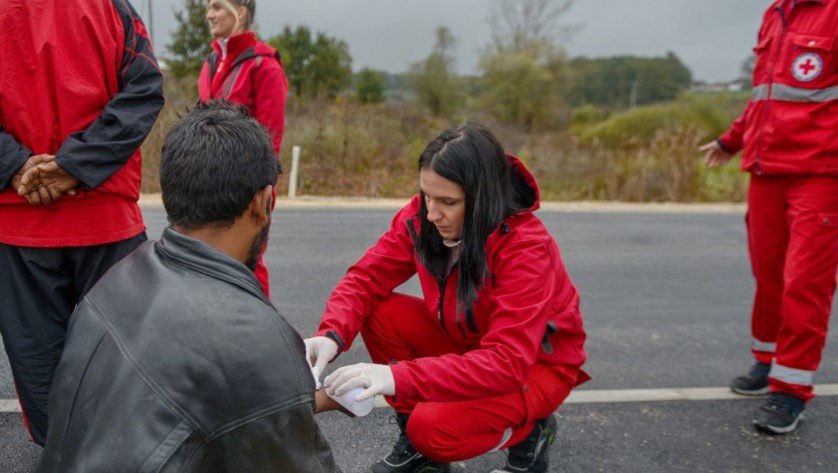Lasting hope: a world free of nuclear weapons
The two nuclear attacks on Japan in the final days of World War II set in motion a nuclear arms race between the United States and the Soviet Union. The two superpowers developed huge arsenals of weapons thousands of times more destructive than those used on Japan.
The largest bomb in America’s nuclear arsenal today is the B83, which has an explosive payload some 80 times larger than Hiroshima-era atomic bombs, according to scientific groups that study the impacts of nuclear weapons.
“During the bombings of Hiroshima and Nagasaki, so many people were indiscriminately killed and entire cities were utterly destroyed,” Yamada says. “Today’s far more powerful nuclear weapons have the capability of wiping out any kind of future for human life and the planet.”
While the number of atomic weapons in the world has declined from its peak of nearly 70,000 in the mid-80s to around 13,400 today (held collectively by nine states), the risk posed by a detonation is still very real, as noted by Peter Maurer, president of the International Committee of the Red Cross (ICRC), earlier this year.
“Treaties to reduce nuclear arsenals and risks of proliferation are being abandoned, new types of nuclear weapons are being produced and serious threats are being made,” he said.
The detonation of even one of today’s nuclear weapons would result not only in large-scale death and destruction, but in a highly complex and dangerous catastrophe for which no group of governments, humanitarian organizations or emergency medical systems could possibly handle.
 Red Cross Red Crescent magazine
Red Cross Red Crescent magazine 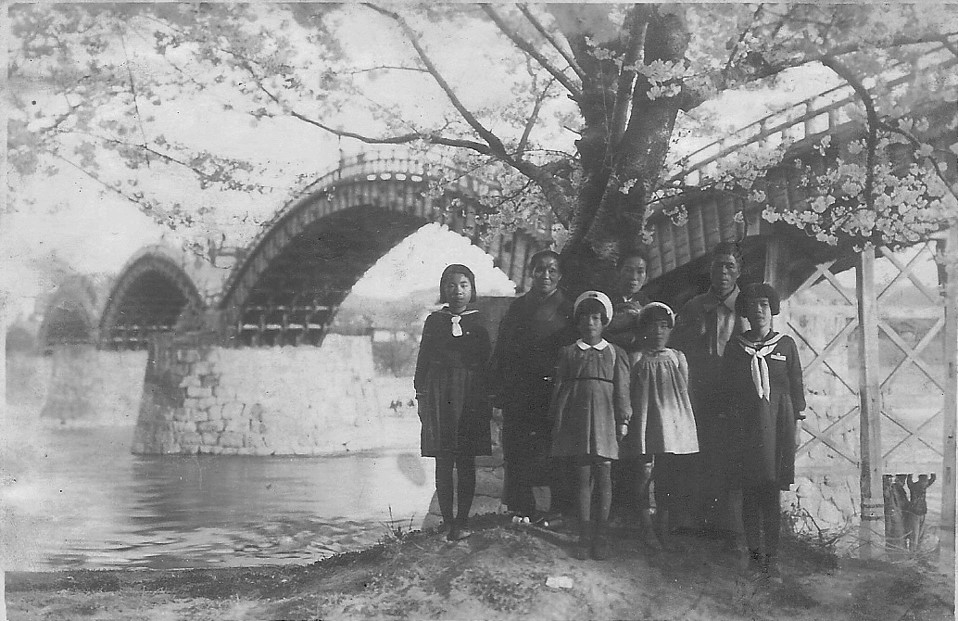
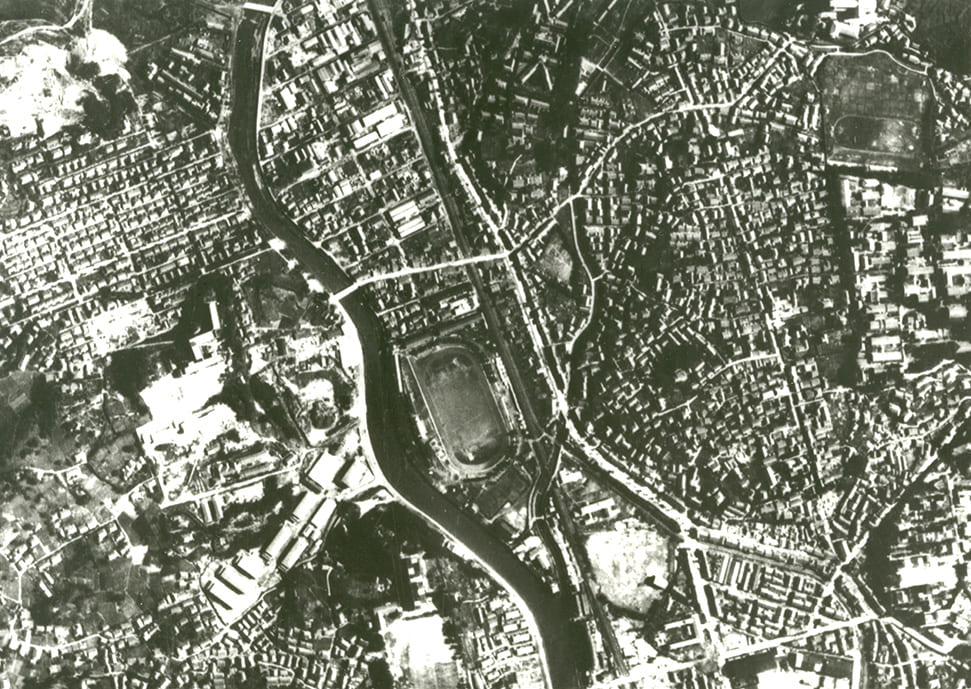
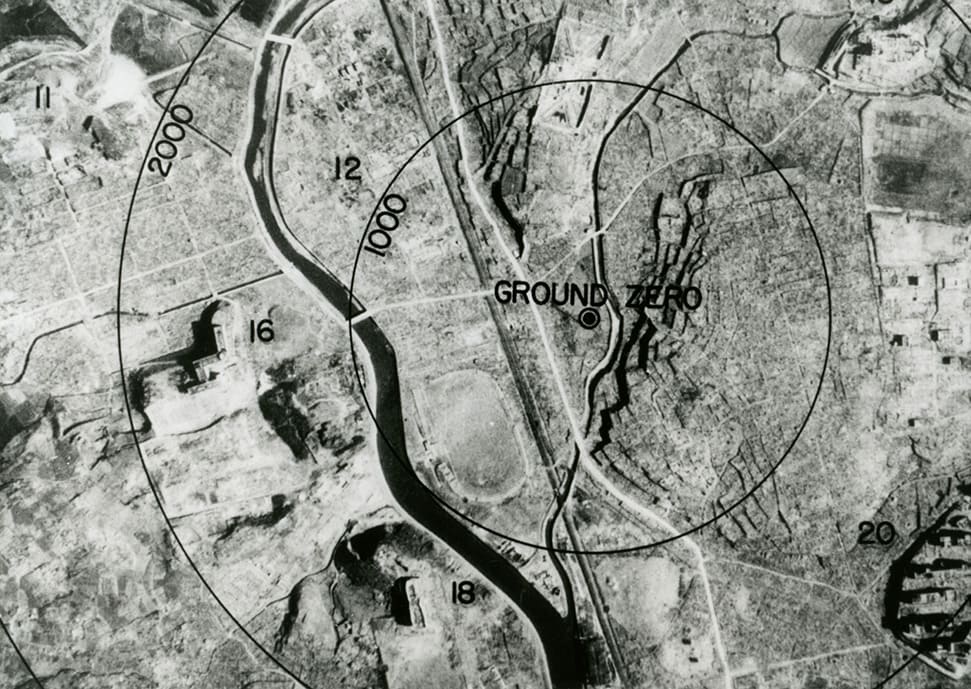
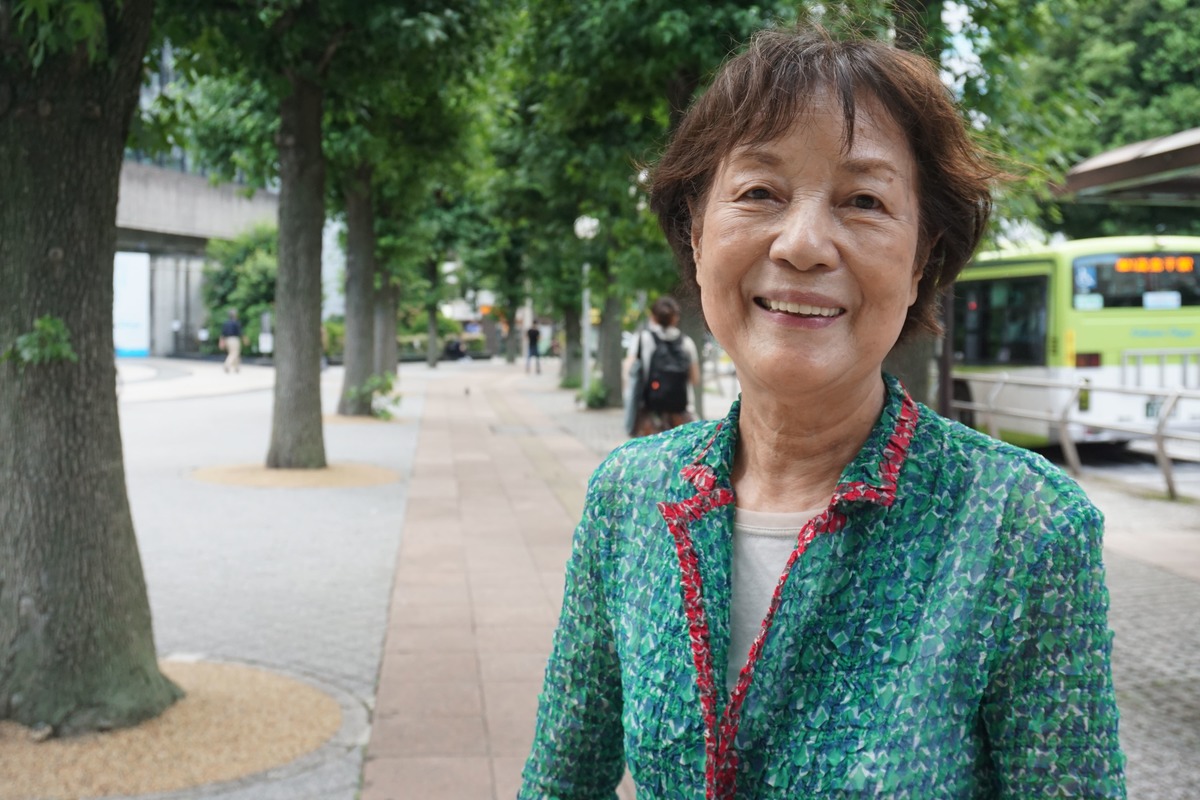
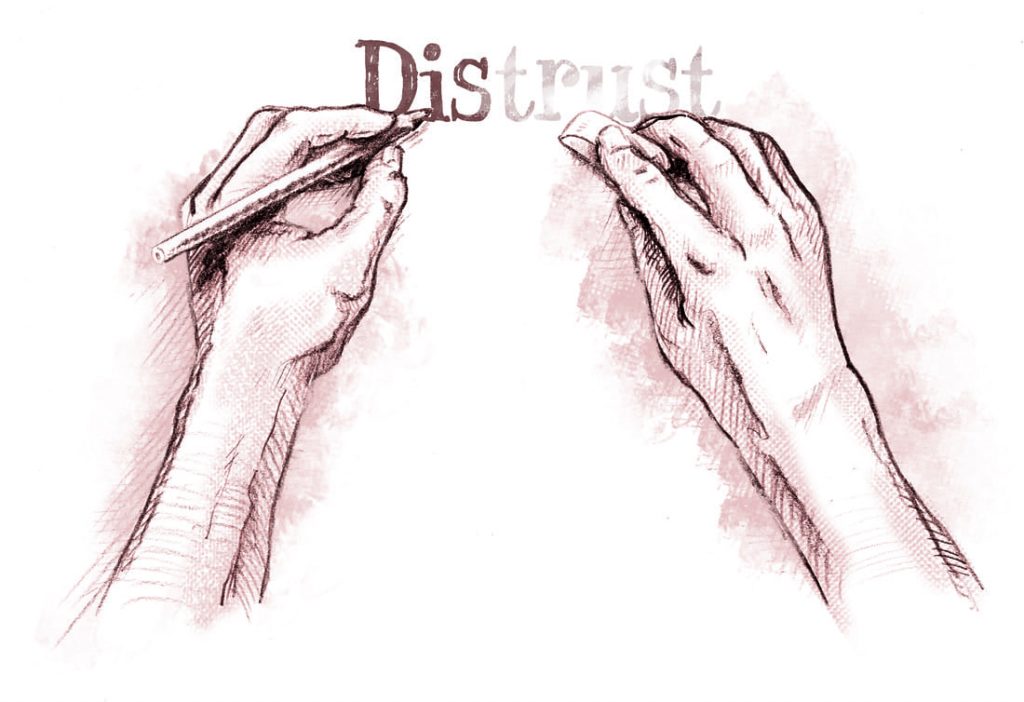
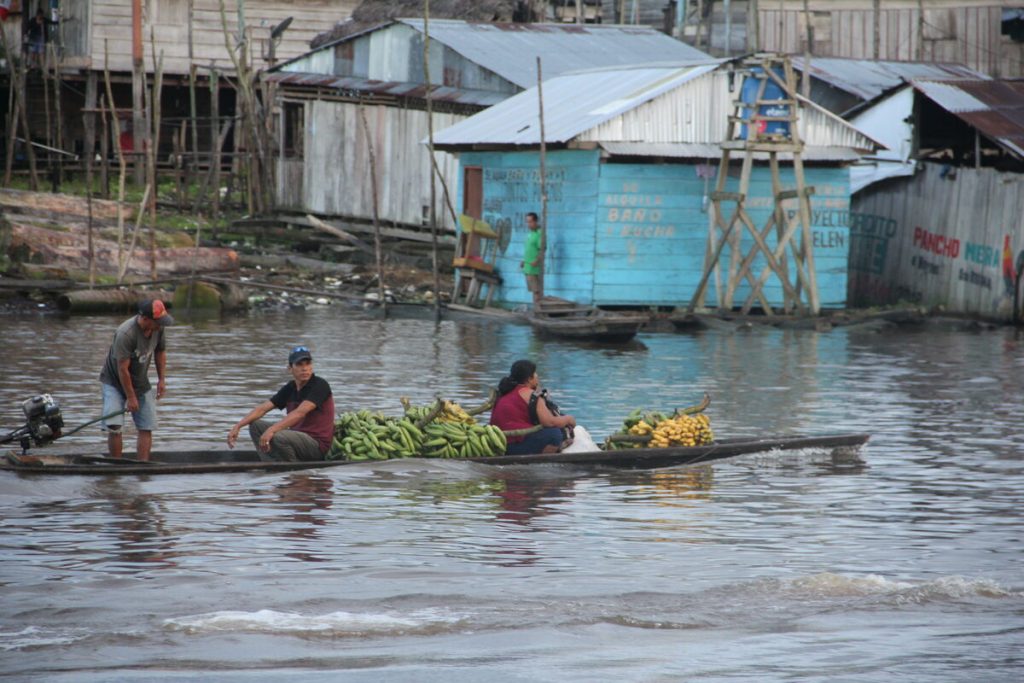
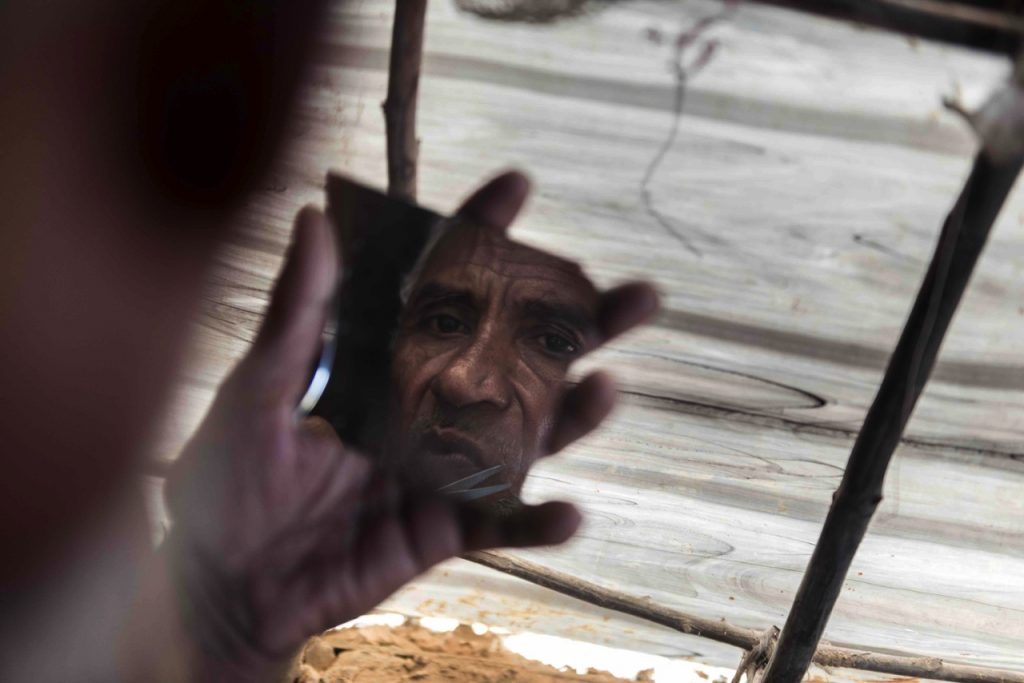






 Tech & Innovation
Tech & Innovation Climate Change
Climate Change Volunteers
Volunteers Health
Health Migration
Migration